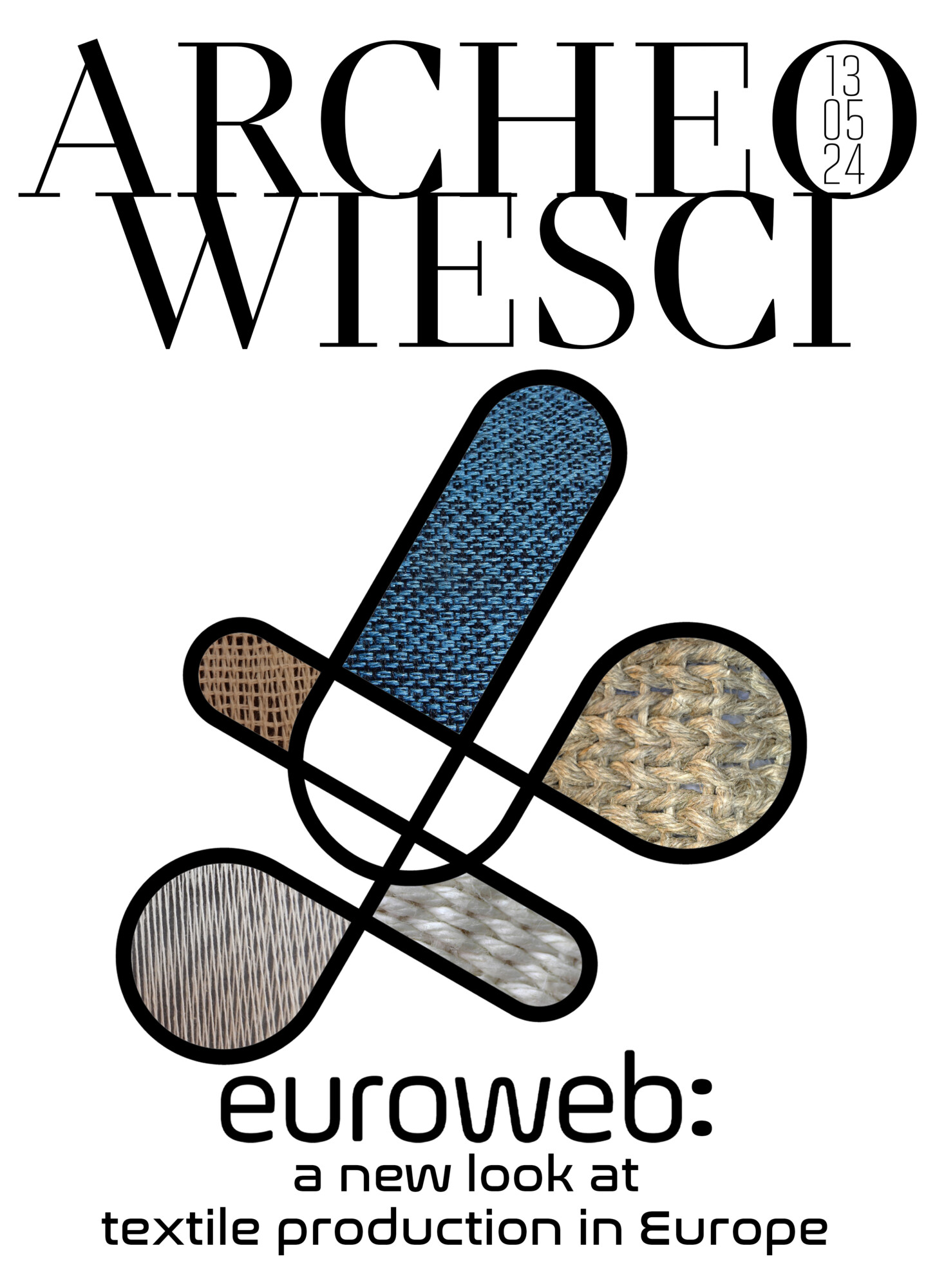
EuroWeb is a four-year research action integrating multidisciplinary research on European textiles from antiquity to the present day. Led by Professor Agata Ulanowska of the University of Warsaw, EuroWeb has united nearly 250 researchers, creators and designers. The action changes the view of Europe’s past by considering the role of textile and textile production as a factor in the formation of European culture and identity. One of the results of the team’s activities is the Digital Atlas of European Textile Heritage, which provides data on 7,000 years of European textile heritage.

© A. Ulanowska, licensed under CC BY-NC-SA 4.0
The four-year COST action titled “Europe through Textiles: Network for an integrated and interdisciplinary Humanities”, acronym EuroWeb, funded by the European Cooperation Program in Scientific and Technical Research (COST) and the European Commission, will conclude this September. Led by Associate Professor Agata Ulanowska from the Faculty of Archaeology of the University of Warsaw, it is the first COST action to integrate multidisciplinary research on European textiles from prehistory to modern times, and also the first action independently led by the University of Warsaw.
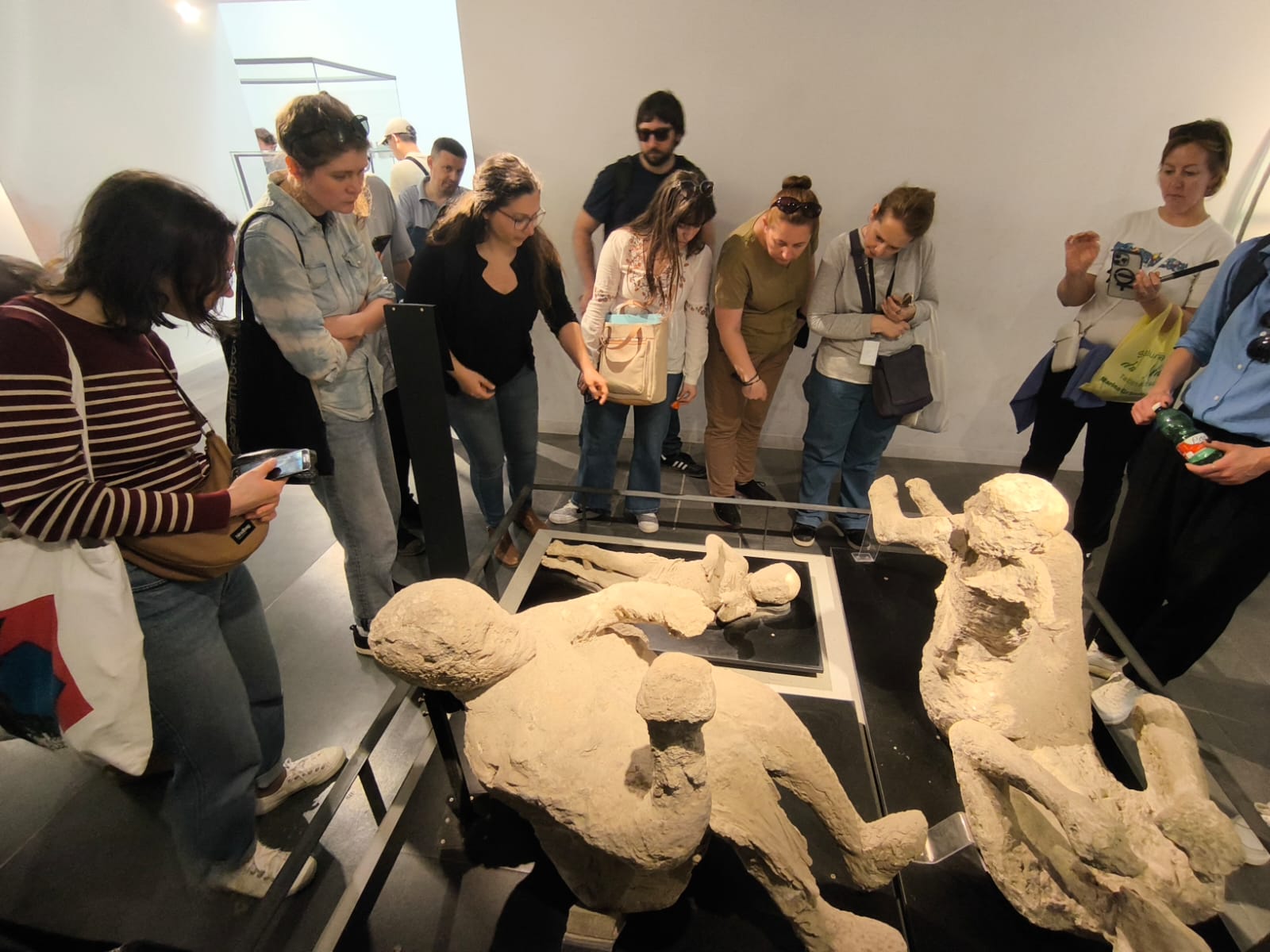
Guided tour by Dr Francesca Coletti (near the top left corner of the exhibit).
© E. Selaj
TEXTILES AND TEXTILE PRODUCTION IN EUROPEAN HERITAGE
By employing textiles as a prism through which European history is viewed, EuroWeb proposes a new understanding of the past, in which textiles are seen as active components shaping past and present economies, aesthetics and social and individual identities, for example gender, age and status. The main goals of EuroWeb comprise:
- proper acknowledgment of the formative role of textile production and textiles in narratives about the European past;
- identification of linguistic and semantic structures in European languages that refer to textiles and textile technologies. For example, the nearly universal reference across many European languages to the concept of ‘shuttle’, ‘small boat’ or ‘ferry’ to denote a ‘weaver’s shuttle’, a tool used to pass weft threads between the warps when weaving;
- development and dissemination of interdisciplinary methods in textile research that bridge different theoretical and methodological approaches grounded in European scholarship;
- dissolving the still existing dichotomy between practice and theory through the integration of various disciplines, cultural institutions, traditional crafts and design;
- forging new notions of inclusive European identity based on a sense of belonging and cohesion resulting from common traditions related to textiles.
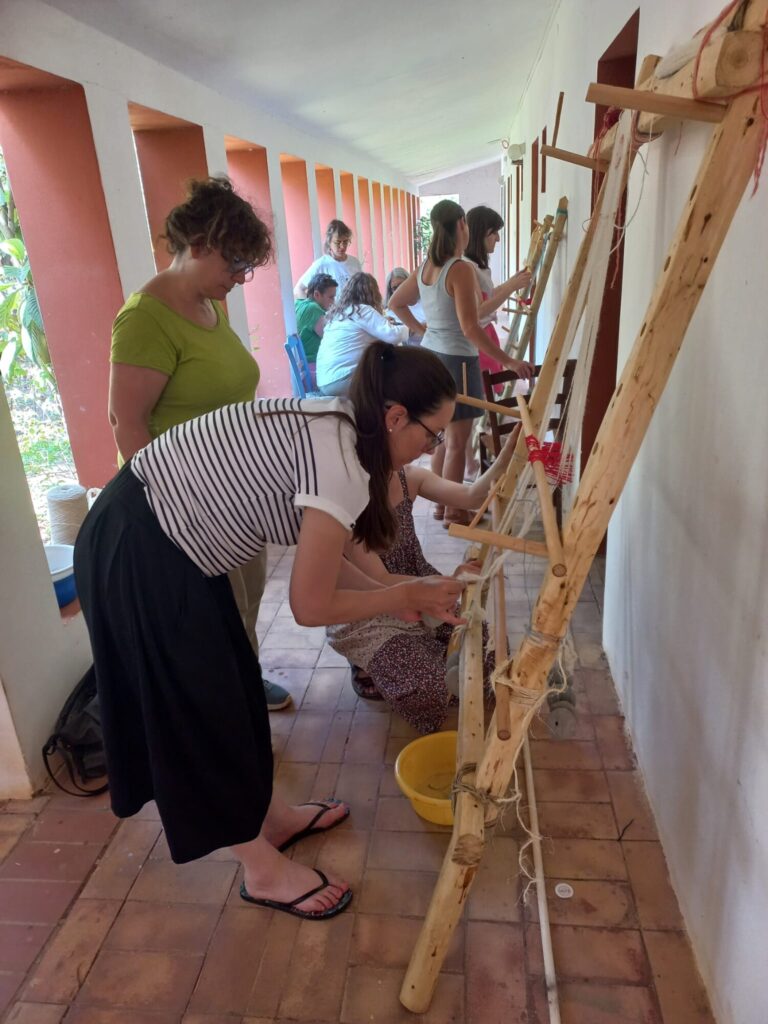
© F. M. Toscano
EUROWEB INTERDISCIPLINARY NETWORK
These tasks are carried out by the four working groups devoted, respectively, to textile technologies, clothing identities, textile terminologies and the fabric of society. In addition, two groups are responsible for the dissemination of action results and its coordination and management, including the coordination of awarding individual grants. The action chair, Agata Ulanowska and the vice-chair, Prof. Karina Grömer from Austria, together with group leaders Dr Magdalena Woźniak (Poland), Dr Louise Quillien (France), Dr Christina Margeriti (Greece), Prof. Francesco Meo (Italy), Dr Riina Rammo (Estonia), Dr Francisco B. Gomes (Portugal), Dr Catarina Costeira (Portugal) and Dr Alina Iancu (Romania), constitute the core group, alongside the 60-person Management Committee representing the countries participating in EuroWeb.
Importantly, the participants of EuroWeb, alongside archaeologists, historians and art historians, conservators and museum curators, also include representatives of traditional crafts, creators and designers. Currently, with nearly 250 formally registered members from 30 European countries and Israel, EuroWeb has become the leading European network for textile research.
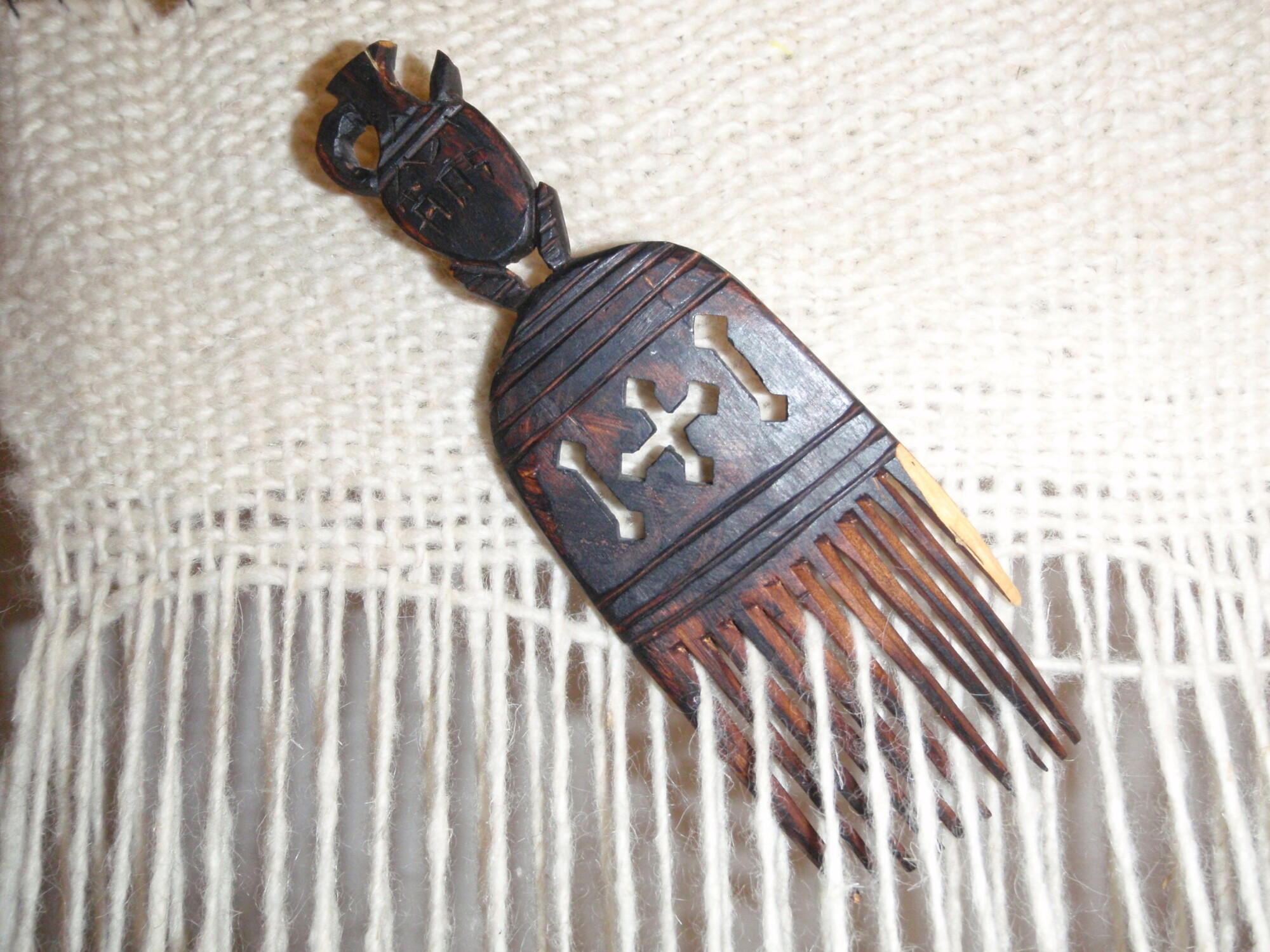
© A. Ulanowska, licensed under CC BY-NC-SA 4.0
SUPPORT FOR THE RESEARCHERS
The implementation of all COST actions involves building a network using action tools such as workshops, seminars, conferences, lectures, training schools and grants enabling the implementation of short scientific missions and trips to conferences. Thanks to the exceptional activity of EuroWeb participants and their intensive cooperation (online during the pandemic), a total of 22 conferences and workshops were held. The concluding conference of the action will soon take place in Warsaw, entitled “After EuroWeb: expanding horizons in textile studies and European networking”, scheduled for 20–21 May 2024 (with the very final conference planned for June). Additionally 10 training schools were organised by EuroWeb members, as well as numerous sessions during international conference series, such as the Annual Meetings of the European Association of Archaeologists, with many also presenting individual lectures, seminars and talks. The grants awarded so far have supported the research and scientific development of 47 individual EuroWeb members. The next, final call for grants will be opened in the second half of this year. Full information about all the events organised by EuroWeb, including short reports on scientific missions, is available on the action website. Additionally, short video materials are available on the EuroWeb YouTube channel.
Among the research problems and challenges undertaken by EuroWeb, many have been defined for the very first time or freshly presented from a broader chronological perspective and in a broader social context. The close cooperation between the participants, from different countries and different environments, provided a new intellectual impetus. This provoked intense brainstorming and initiated the mapping of the research potential of each participating country, leading to the creation of a new hub of textile knowledge and skills.
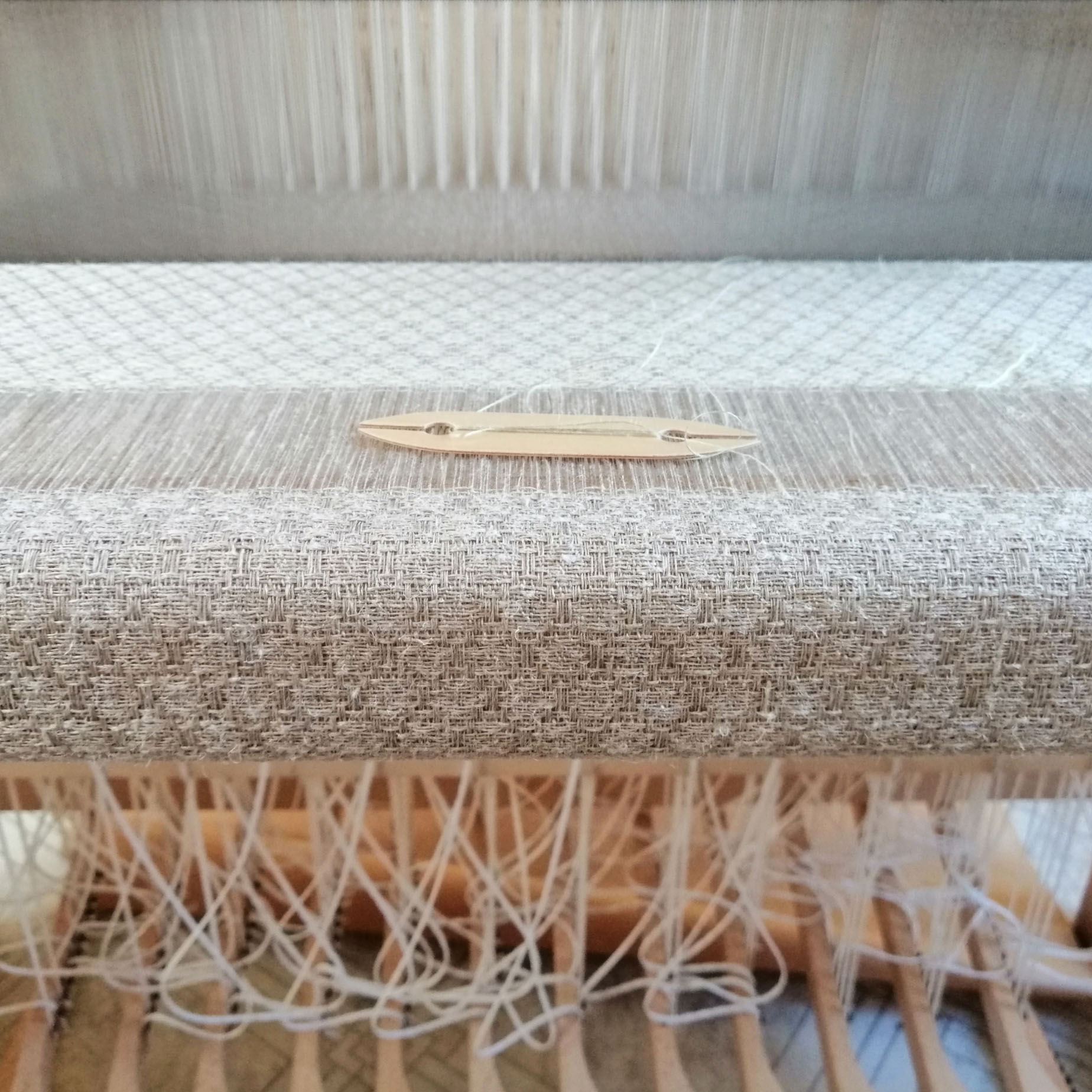
© M. Pokojowczyk
DIGITAL ATLAS OF EUROPEAN TEXTILE HERITAGE – ACCESSIBLE SCIENCE
The multimedia online publication released in May last year entitled “The Digital Atlas of European Textile Heritage” belongs, undoubtedly, alongside the most important achievements of EuroWeb. This large-scale collaborative project aims to document 7,000 years of European textile heritage. The technical partner for this project is the Digital Competence Centre at the University of Warsaw. The Atlas resources already include 1,763 tools and 62 textile workshops, 3,738 textiles, 261 cloth seals, 2,079 archaeological sites and 771 collections! Further data will be successively entered into the Atlas, including after the end of the action.

More traditional publications include a monographic volume of the prestigious Heritage Science journal entitled “Advanced Analytical Techniques for Heritage Textiles” and the “EuroWeb Anthology”, to be published in October this year by Zea Books, also in open access. In addition, EuroWeb offers a number of detailed reports monitoring European textile knowledge and research, available on the action website, such as the “EuroWeb National Survey of the European Textile Dress and Fashion Sectors” and the “Gender and Inclusiveness Survey Report” by Hana Lukasova from Norway.
Among the communication and dissemination activities should be mentioned the presentation titled “EuroWeb. Past textiles inspiring the future”, prepared for the New European Bauhaus Festival in Brussels, an initiative led by the EC. The presentation was flagged as a stop for the official visit of the President of the European Commission, Ursula von der Leyen, accompanied by the Commissioner for Cohesion and Reforms, Elisa Ferreira, and the Commissioner for Innovation, Research, Culture, Education and Youth, Iliana Ivanova. The stand was also visited by the Belgian Prime Minister, Alexander de Croo, and the Belgian State Secretary for Economic Recovery and Strategic Investments, in charge of Science Policy, Thomas Dermine. Our booth was also flagged as being of particular interest.
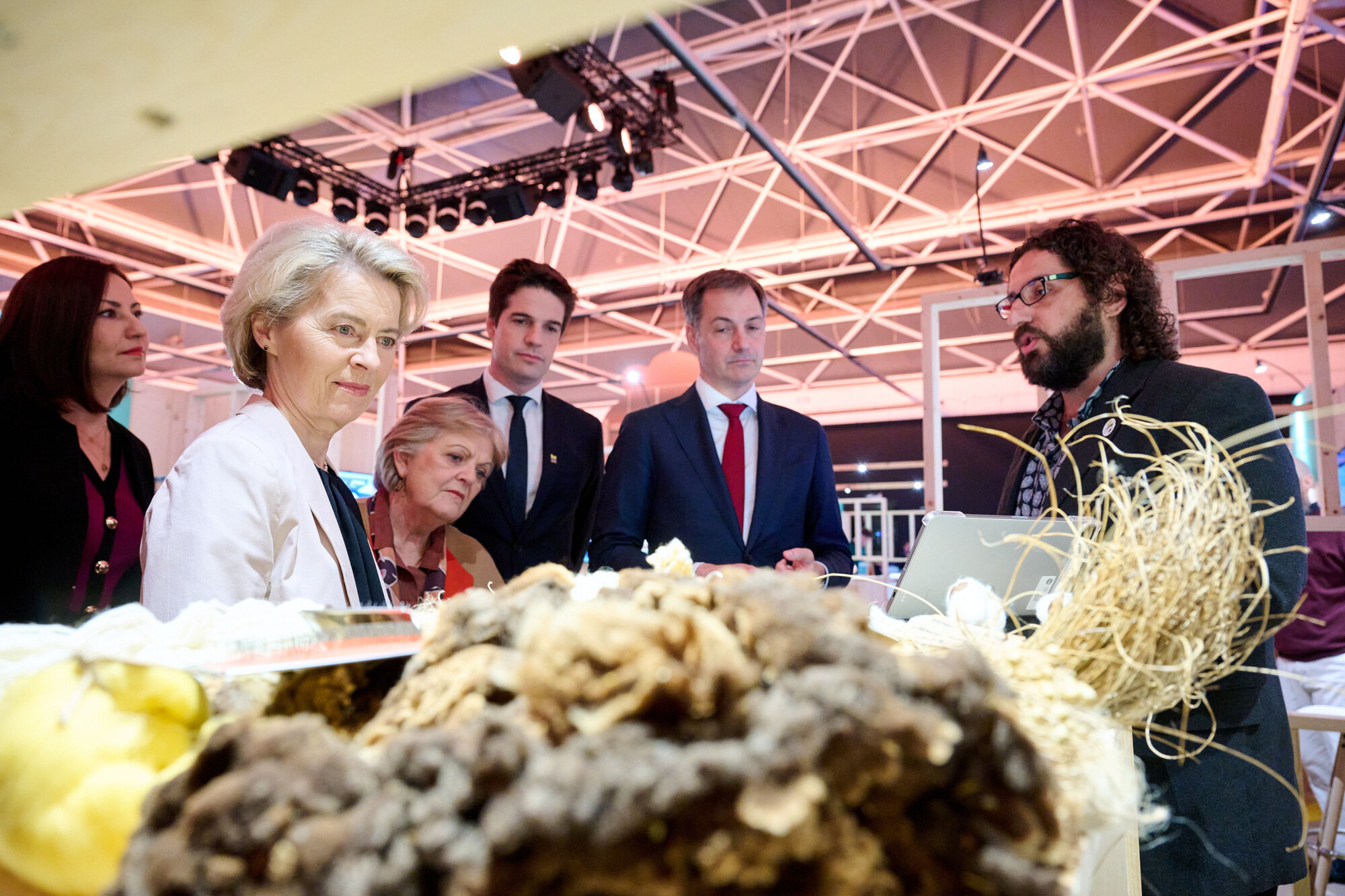
© A. Guoy
FINAL EUROWEB CONFERENCE
Future prospects for the EuroWeb research network will be discussed during the concluding conference in Warsaw. However, ideas for two new, international research projects that stemmed from EuroWeb have already received funding, and further applications are pending decisions. In summary, EuroWeb has made significant strides towards achieving its ambitious goals.
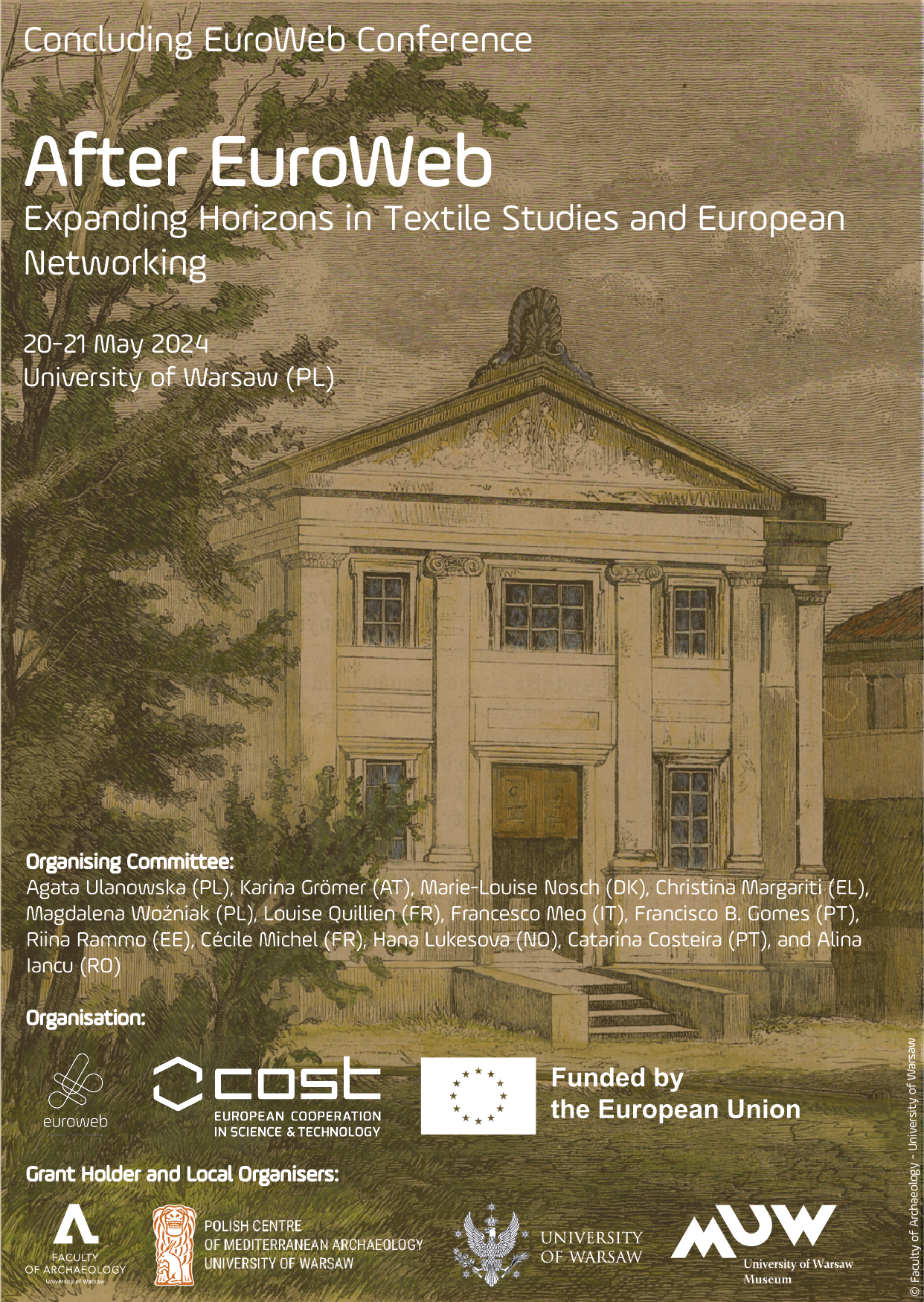
This article can be reprinted free of charge, with some of the photos, and with the source indicated


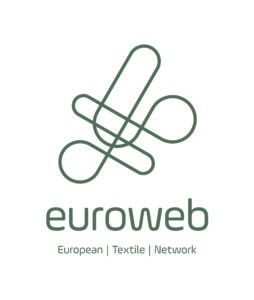
Author:
Agata Ulanowska – habilitated Ph.D., is Associate Professor at the Faculty of Archaeology, University of Warsaw, Poland and has held the chair of the Department of Aegean and Textile Archaeology since 2023. Her research interests focus on Aegean archaeology, particularly Minoan Crete, as well as textile, experimental and gender archaeology. She has been awarded two grants from the National Science Centre of Poland, for the projects: “Textile production in Bronze Age Greece – comparative studies of the Aegean weaving techniques” (2015–2017) and “Textiles and Seals. Relations between textile production and seals and sealing practices in Bronze Age Greece” (2018–2022). She serves as Chair of the COST Action CA 19131 “EuroWeb. Europe Through Textiles: Network for an integrated and interdisciplinary Humanities” (2020–2024). Currently, she is also the beneficiary and local coordinator of the project “TEXTile digitisAtIon tooLs and mEthodS for cultural heritage (TEXTaiLES)”, RIA HORIZON action 101158328 (2024–2027).
Editor: J.M.C.
Proofreading: S.A.
Cover: EuroWeb logo filled with photos of textiles made by A. Ulanowska, edition by K.K.
